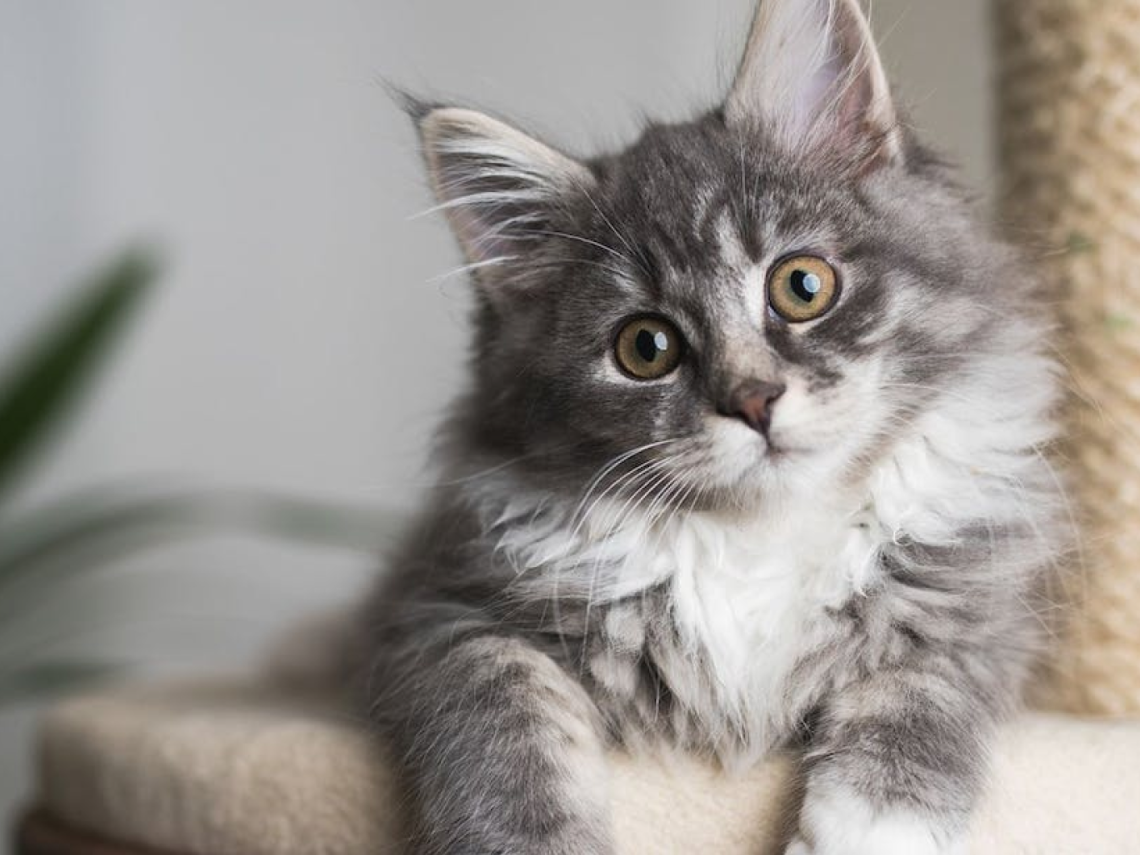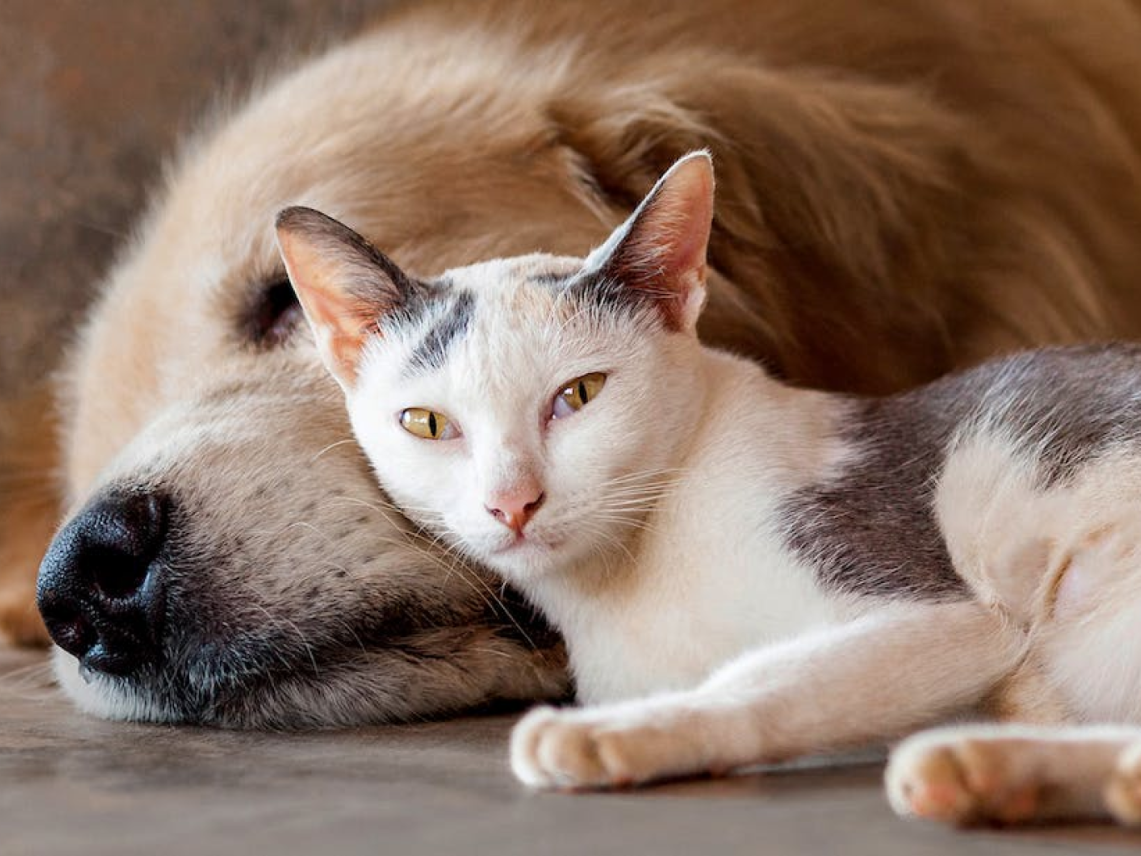Cat care when on holiday: preparing your feline friend
As a cat owner, you may wonder what to do with your cat when on holiday. If you’re planning a getaway or trip without your feline friend, learn how to ensure that they are taken care of. If you’re wondering whether you can take your cat on holiday, the answer is yes! Let's dive into the essentials for a stress-free holiday, for you and them.
Article
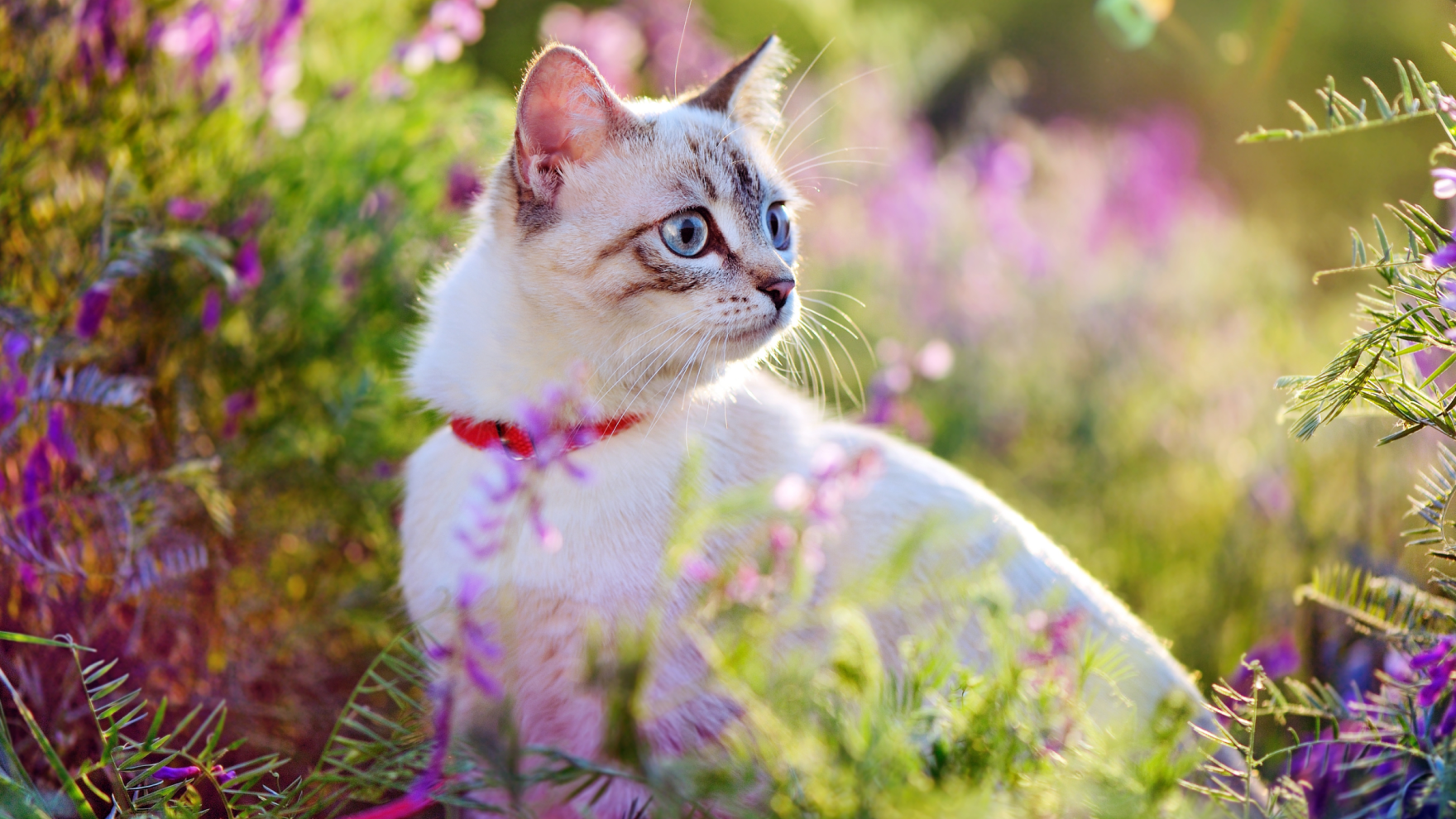
Organising cat care while you go on holiday
As a responsible pet owner, you care about your kitten or cat’s well-being. So, you may have some anxiety about leaving your cat while being on holiday. However, with the right planning, you’ll be able to enjoy your holiday with total peace of mind for your furry friend.
What to organise before you leave
First things first: you need to decide where to leave your cat while on holiday. Preferred options include trustworthy friends or family, a well-known cat boarder, a neighbour or professional pet-sitter.
You’ll then need to check that you have enough food, litter and other supplies for your cat to cover their needs for the duration of your holiday.
Does your cat have any health issues? The holiday cat-sitter will need to be briefed on their medical history and medication schedule. They’ll also need to have your vet’s contact details to hand.
Whoever looks after your kitten or cat while you’re on holiday should have the full rundown on their preferred daily routine. This will make sure that your kitty is as content as be, getting their regular meals, training sessions, playtime and required medication.
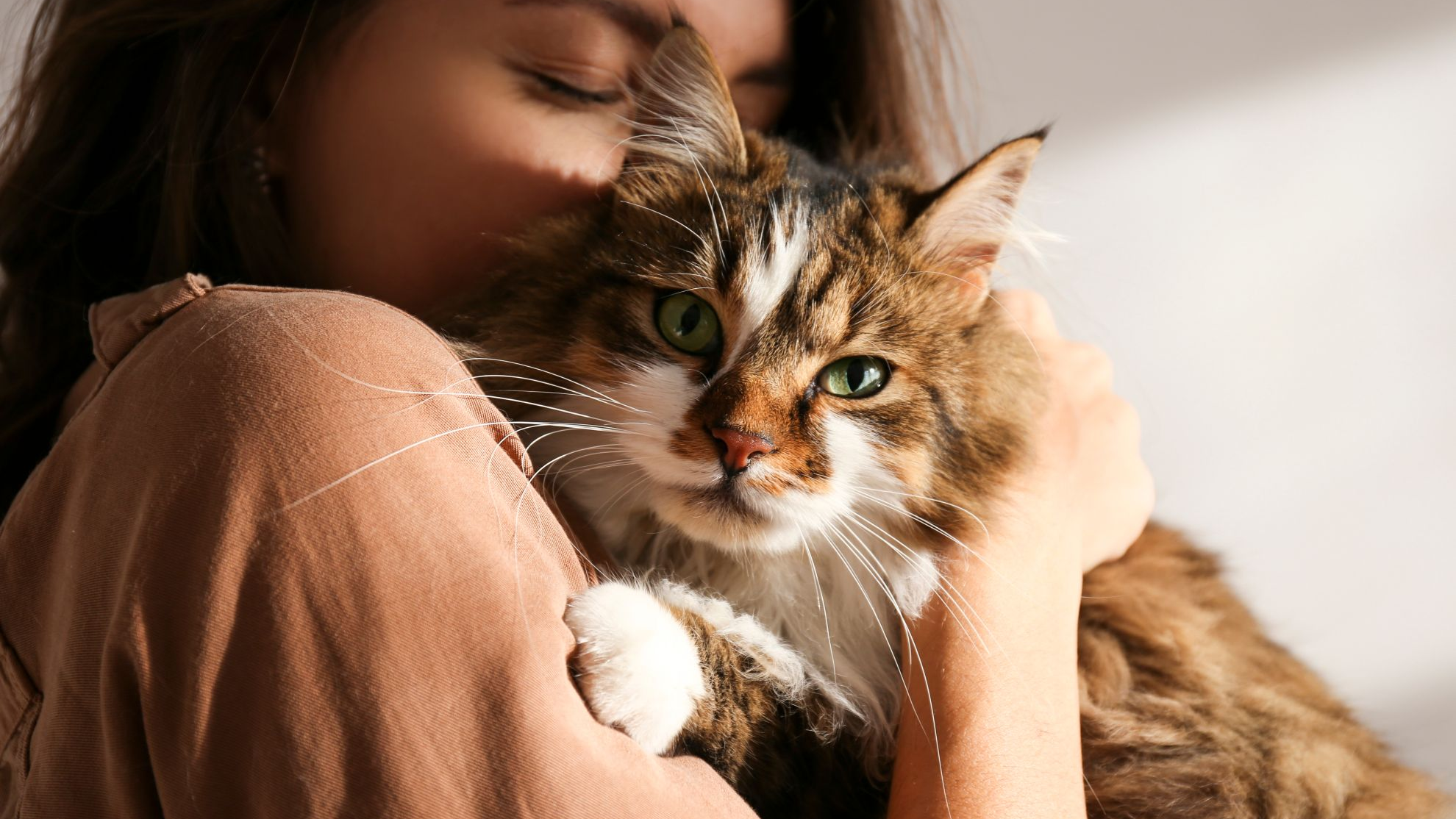
How to prepare your cat for your absence
It is understandable if you feel some anxiety about leaving your cat or kitten behind while you go on vacation. But kittens and cats can be left alone for short periods of time, and with a trusted pet-sitter or friend. It is just a matter of good preparation (for both of you).
You might want to consider the following:
- Physical and emotional needs. Make sure you do everything to meet your cat's physical and emotional needs before you leave. It is best if your kitten or cat is fully vaccinated and up-to-date with all their flea and tick medications. The person looking after them should know when to use which toys with your cat or kitten. Leave an item with your scent on it in their basket or cat tree, that way you’re never too far from them.
- Introduce your cat to their new buddy. Ideally, your cat or kitten knows the person they will be spending time with during your absence. If this is not the case, arrange an introductory visit before you leave. This familiarisation will help you and your cat to feel more comfortable when you're away.
- Anticipate separation anxiety. While felines are renowned for being pretty independent, some cats may experience separation anxiety. If your cat or kitten doesn’t deal well with your absence, you might want to consider taking them with you on holiday. If this isn’t possible, you will need to do some work on teaching your cat or kitten to tolerate your short absences.
- Cat-proof your living space. Technically, your living space should always be free of potential hazards for your cat. However, brief the cat-sitter so they know that toxic plants and harmful substances should never be left out, and to always secure windows and doors before they leave.
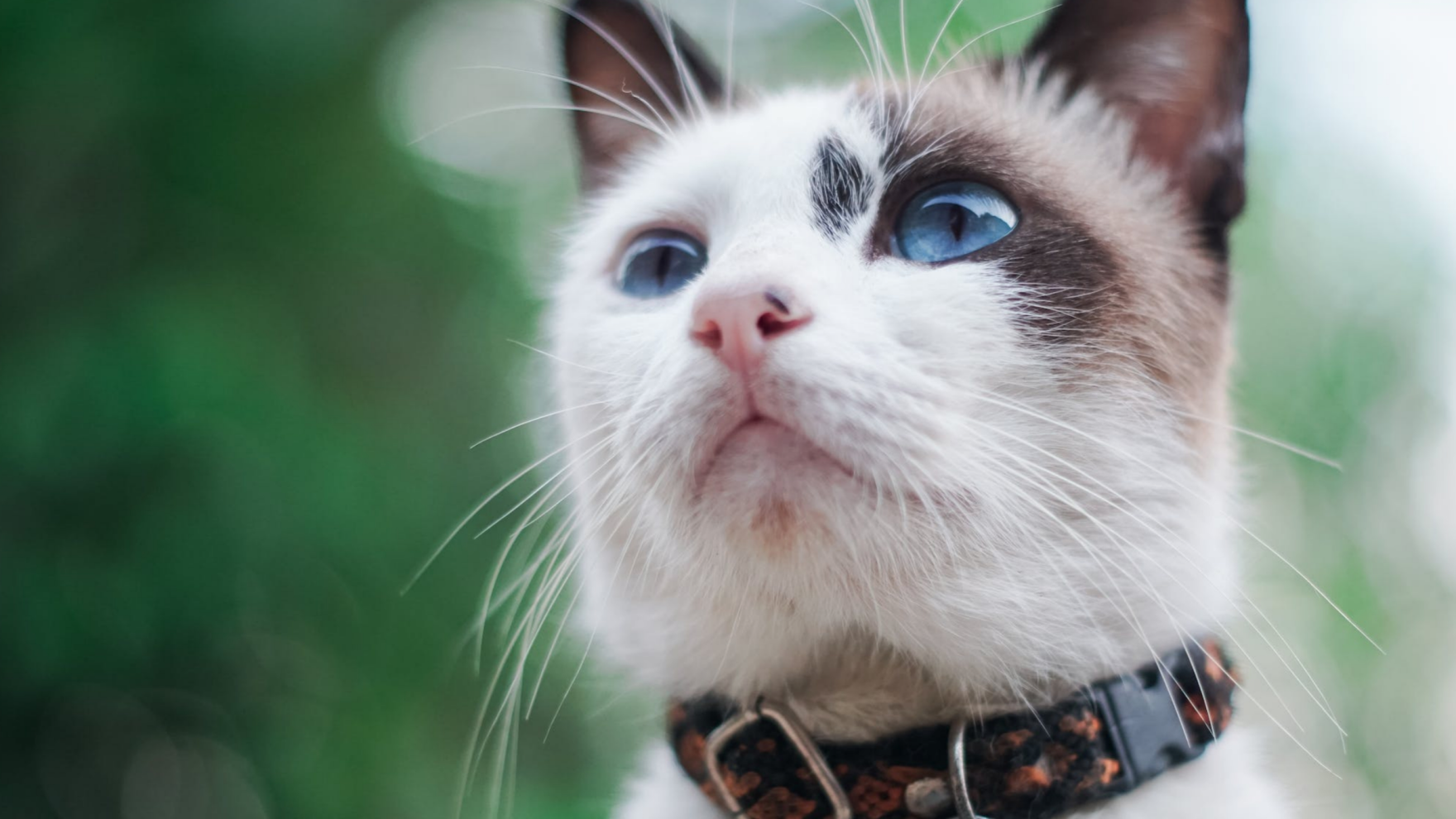
Taking your cat on holiday with you
Generally speaking, cats are not huge fans of disruption to their daily routine or a change in environment. If you have the choice, it is better for them to stay in their own home with a friendly human to care for them.
If you’re planning some cat-friendly holidays, travelling with your cat or kitten involves careful preparation, forethought and planning ahead. Here are some essential steps to take to help ensure that all goes as smoothly as possible.
Before travelling
Trains, planes and automobiles
Whether you're staying in the same country or going abroad, cat-friendly accommodation is a must. You’ll also need to know the rules of travelling with a cat on a plane or how to prepare for a lengthy car trip.
Cat pet passport and regulations
Much like humans, travelling internationally with your kitten or cat involves specific documents.
Making sure that your cat feels safe
You may be wondering how to help make a cat feel safe whilst travelling. It comes down to making decisions based on their well-being in order to help your cat feel secure and comfortable during the trip.
How to handle your cat’s travel stress and anxiety
Some cats may get stressed when moving during travel time. In order to guarantee their comfort and safety, it’s a good idea to prepare for this possibility in advance.
At the end of the day, your cat's well-being should be your top priority. Whether leaving your cat in the capable hands of a pet-sitter or taking them on the plane with you, careful preparation and vigilance are a must. This will ensure a stress-free and enjoyable holiday for you and your feline companion.
Related Articles
Like & share this page
